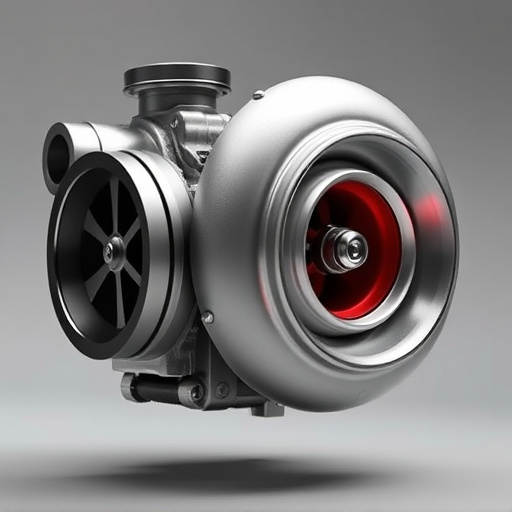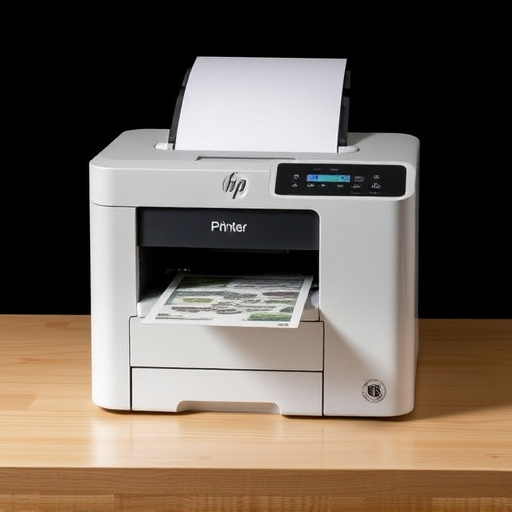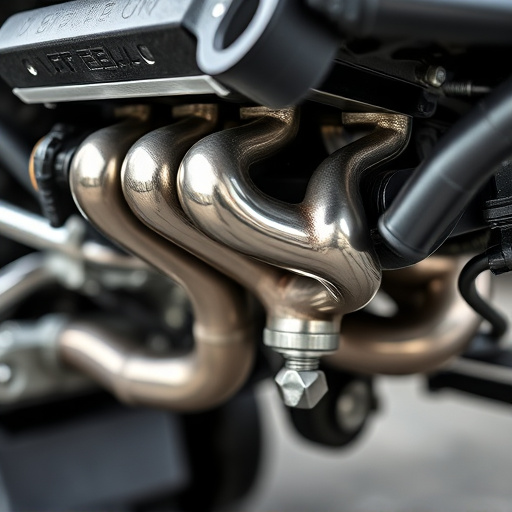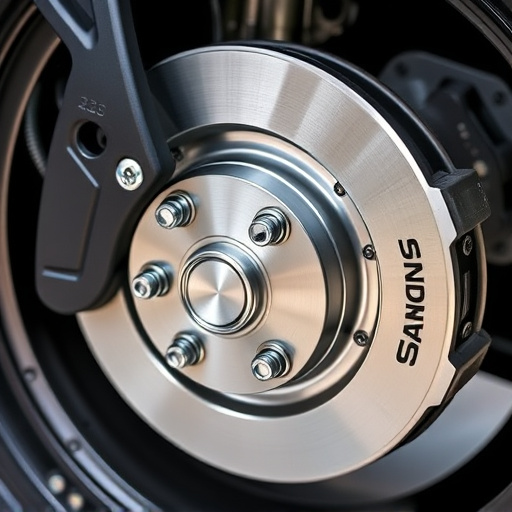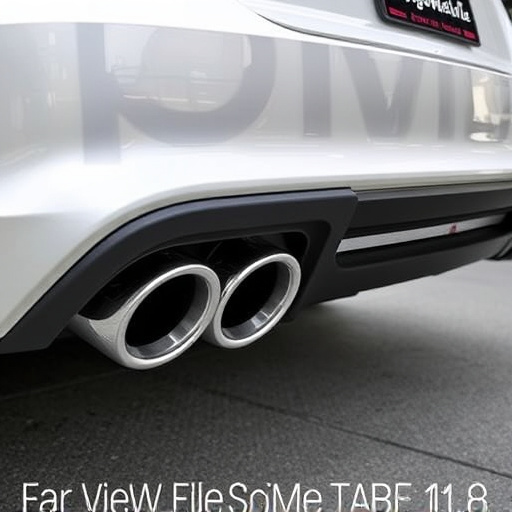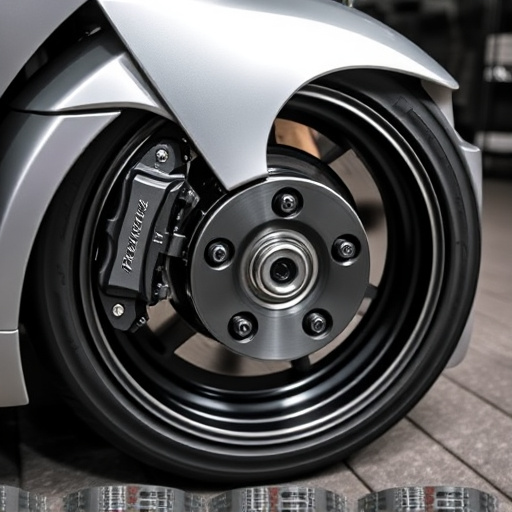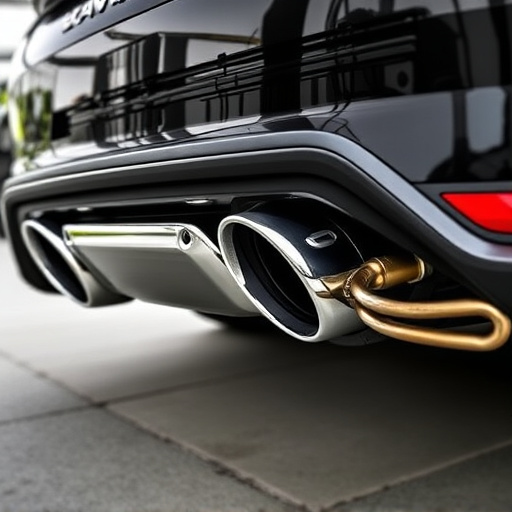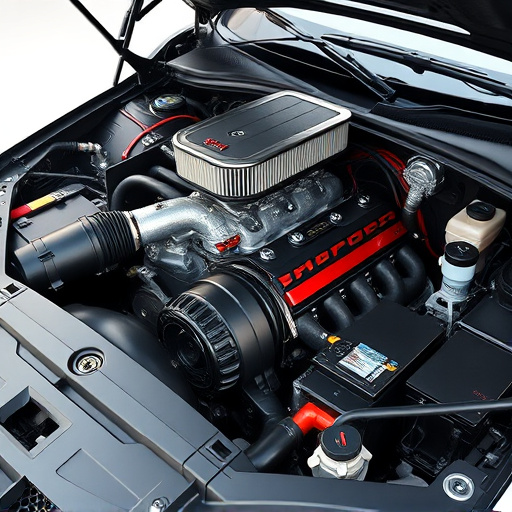Auto air filters, vital for engine performance, clog over time and need replacement to prevent damage. Responsible disposal is crucial to minimize environmental impact; local regulations should be followed, focusing on recycling or repurposing filters rather than sending them to landfills to avoid soil and water contamination from toxic chemicals. Creative options include using filters as plant holders, wall art, or for DIY automotive projects.
In today’s world, responsible disposal of automotive components like auto air filters is crucial for minimizing environmental impact. Auto air filters, while essential for maintaining vehicle efficiency, can contain harmful substances if not handled correctly. This article explores best practices for safely disposing used auto air filters, including effective disposal methods and creative reuse ideas, empowering folks to contribute to a cleaner, more sustainable future. By understanding the significance of these filters, we can all play our part in protecting our planet.
- Understanding Auto Air Filters and Their Environmental Impact
- Safe Disposal Methods for Used Auto Air Filters
- Creative Reuse Ideas for Old Air Filters
Understanding Auto Air Filters and Their Environmental Impact

Auto air filters are a vital component of your vehicle’s engine, responsible for trapping dirt, dust, and other contaminants to ensure smooth and efficient airflow. However, over time, these filters become clogged and need to be replaced for optimal engine performance and to prevent damage to brakes and other critical components, like cold air intakes. Understanding the environmental impact of auto air filters is just as crucial.
When disposed of improperly, used auto air filters can contribute to pollution, as they often contain materials that are not biodegradable. Some filters may even contain small amounts of heavy metals or other toxic substances. To mitigate this impact, it’s essential to follow best practices for disposing of used auto air filters safely. This involves recycling when possible and ensuring that these filters don’t end up in landfills, where they can leach harmful chemicals into the soil and water.
Safe Disposal Methods for Used Auto Air Filters
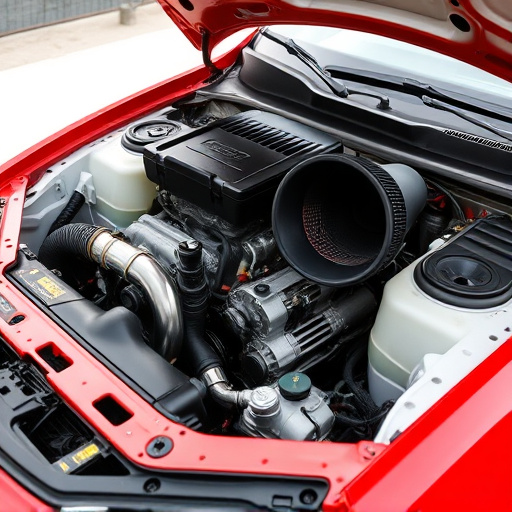
When it comes to disposing of used auto air filters, safety should always be a top priority. Instead of simply tossing them in the trash, there are several responsible methods to ensure these filters are handled and disposed of properly. Firstly, check local regulations regarding waste disposal. Some areas have specific guidelines for automotive parts, especially when it comes to materials that may contain harmful substances.
For instance, performance air filters designed with fire-retardant materials or those used in off-road vehicles might require special handling. These filters should not be disposed of with regular trash as they could potentially release toxic chemicals if not recycled correctly. Similarly, intake components and suspension parts often incorporate filter media that can degrade the environment if not managed properly. The best approach is to recycle or repurpose these filters through specialized programs, ensuring they don’t end up in landfills where they can cause potential harm to soil and water sources.
Creative Reuse Ideas for Old Air Filters
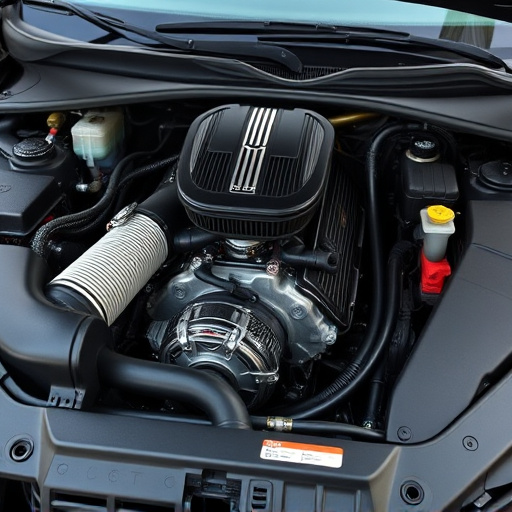
Many old auto air filters end up in landfills, but there are creative ways to reuse them before disposal. One innovative approach is to repurpose the filter as a planter for small herbs or succulents. The mesh material allows for proper drainage and provides an interesting texture for these low-maintenance plants. You can also use the filters to create wall art by framing them or integrating them into larger decorative pieces, adding a unique touch to your home or garage decor.
Additionally, some DIY enthusiasts find creative uses for old air filters in automotive projects. For instance, the wire mesh can be salvaged and repurposed as exhaust tips or mufflers for custom car builds, while the core material might be useful for fabricating intake components, showcasing a more practical application of these seemingly discarded items.
In conclusion, properly disposing of used auto air filters is not just about adhering to safety standards but also contributing to a greener environment. By understanding their impact and exploring safe disposal methods, as well as creative reuse ideas, we can significantly reduce our ecological footprint. Remember that every small step counts, and responsibly managing old auto air filters is one such step towards a more sustainable future.
